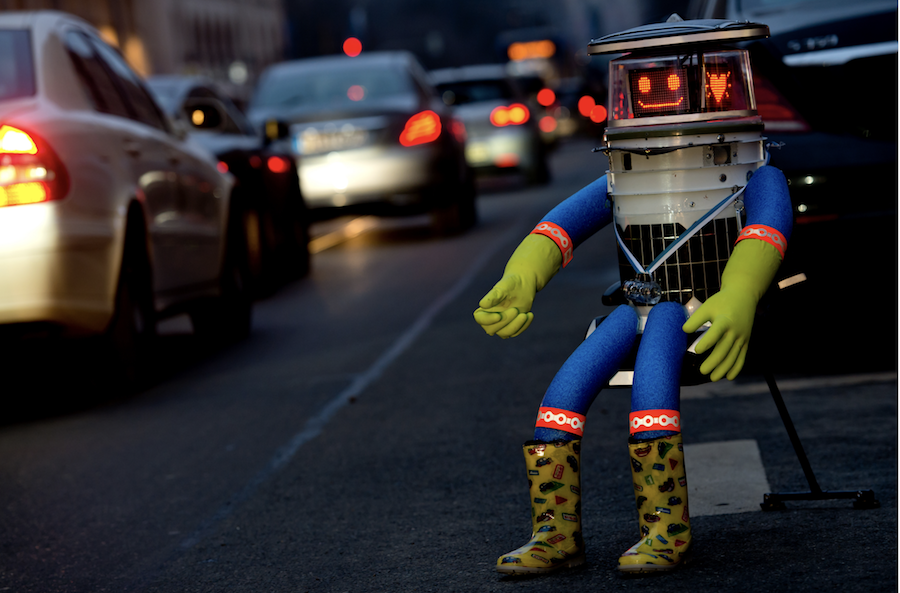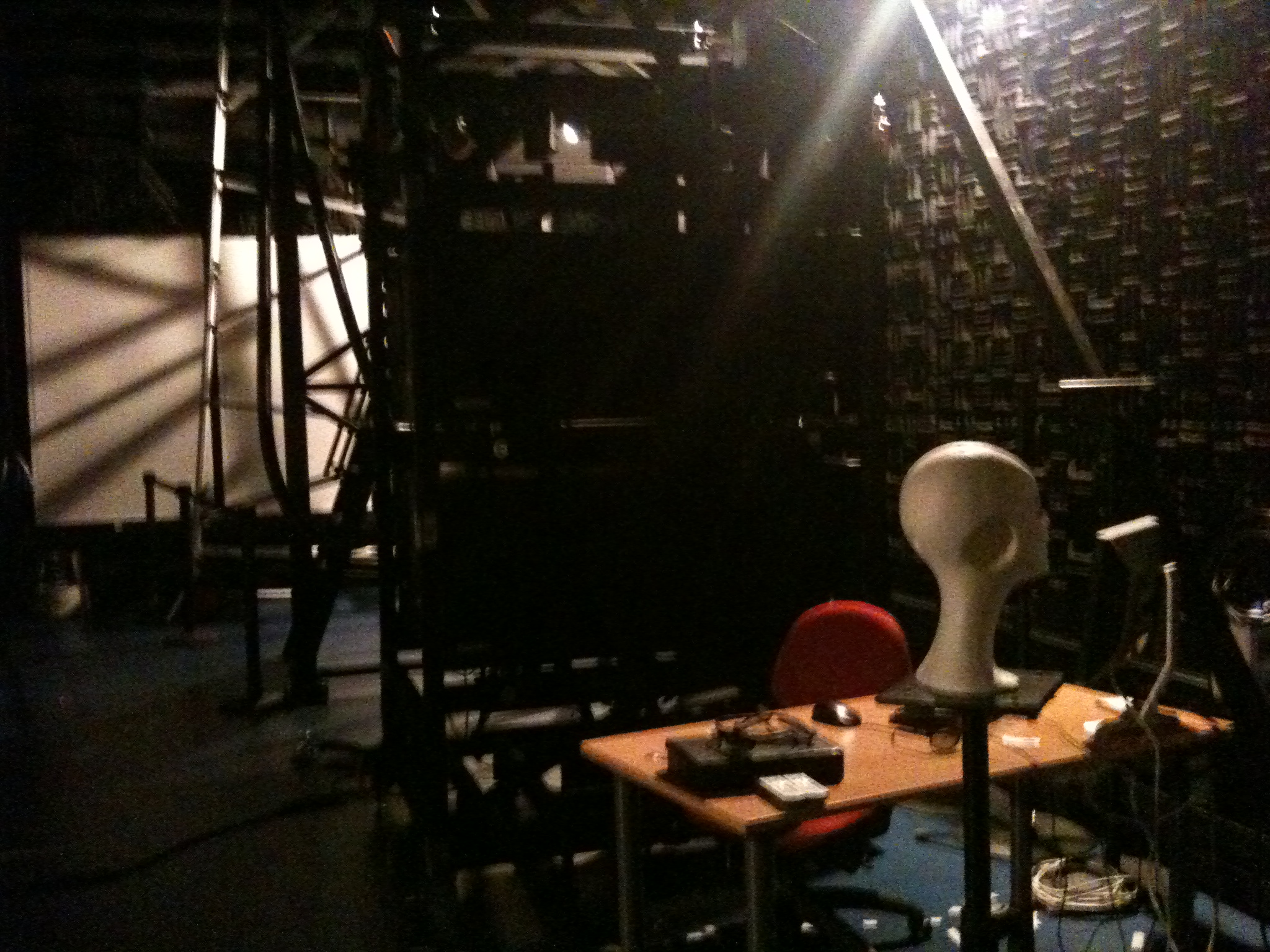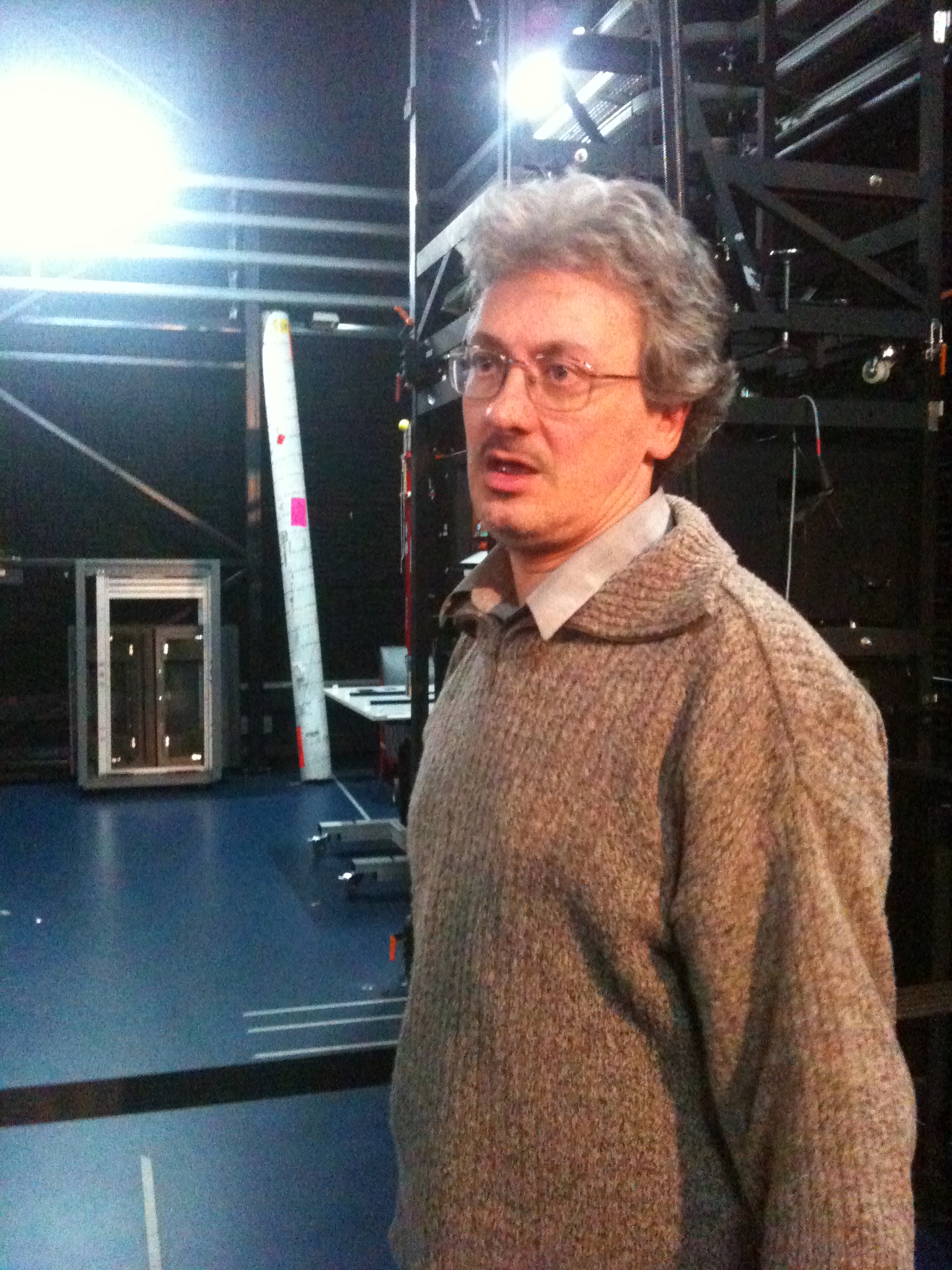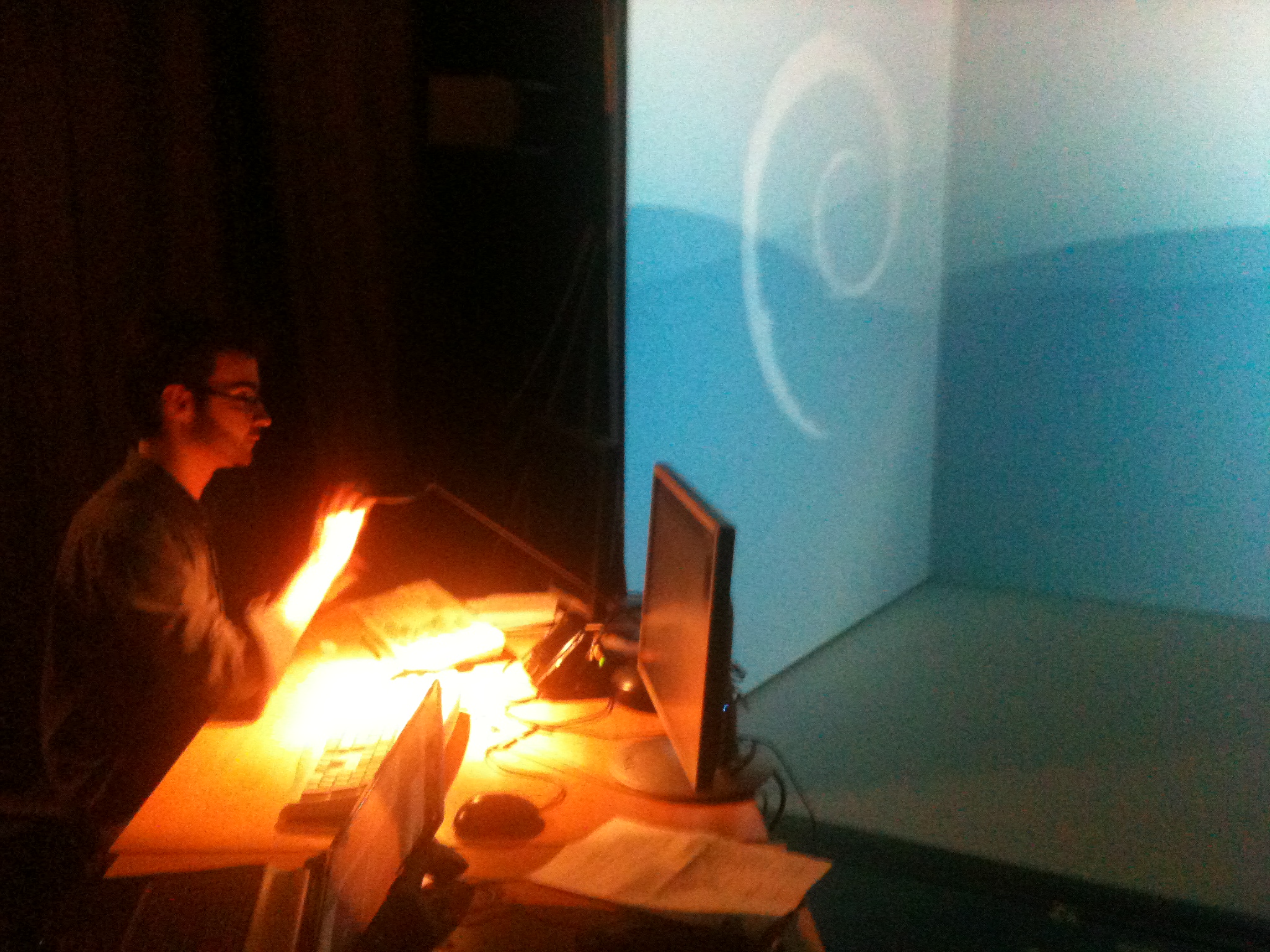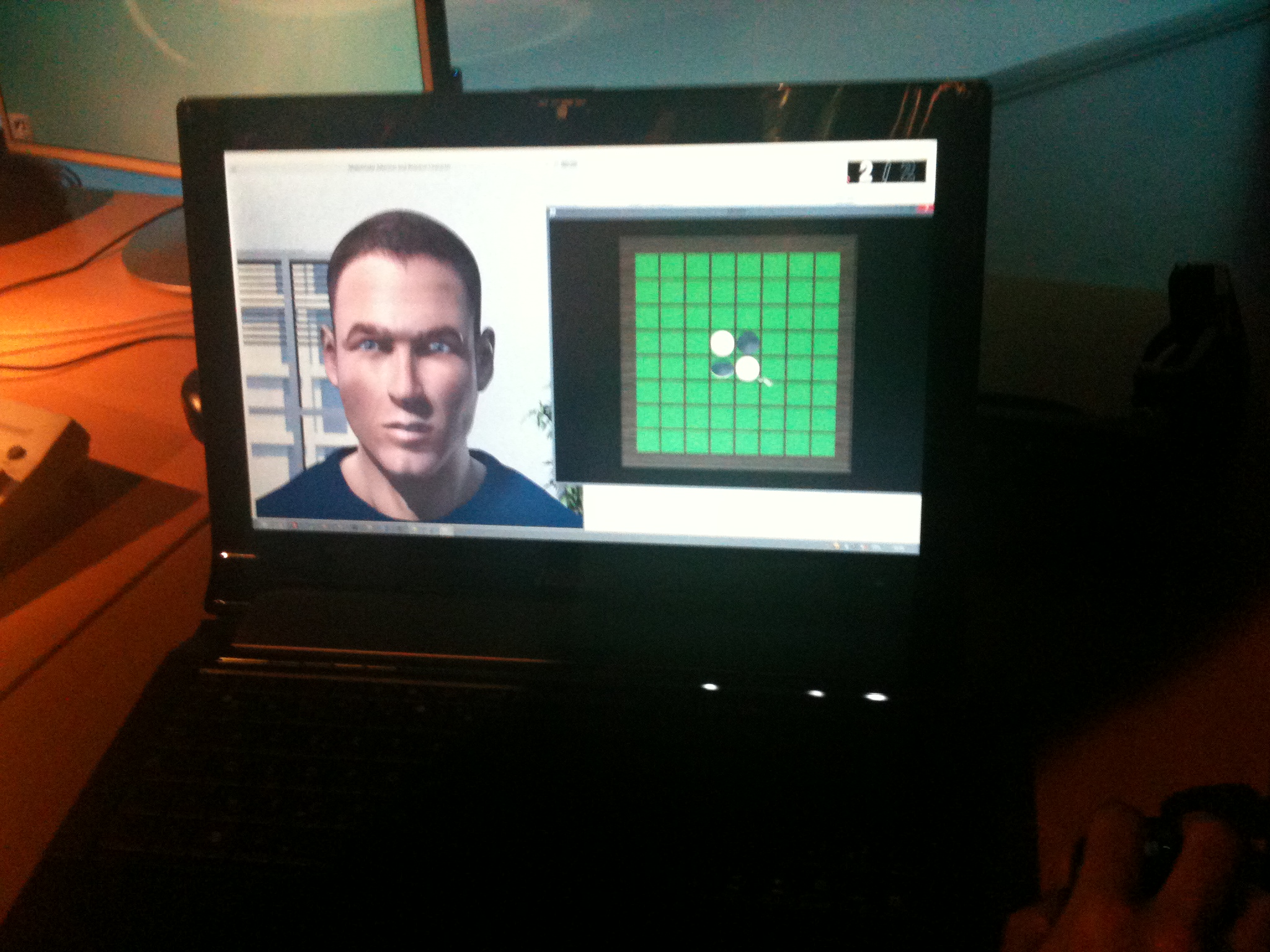Experience Lab and Centre for Virtual Learning Technologies together have organised a seminar on Virtual Reality, Learning and Experience. 120 participants will hear 7 state of the art presentations and engage hands-and headsets- on with some amazing examples of how VR is used across education, industry, culture and research.
With the seminar, we focus on learning and experience as integral parts of any Virtual Reality- activity. The background for the seminar is that the Danish Ministry of Higher Education and Science in 2018 awarded Roskilde University a DKK 20 million extraordinary grant for developing virtual learning technologies, more specifically for exploring the use of virtual reality simulations in science education. The seminar aims to open up this research and development to a larger audience.
With the grant, Roskilde University is implementing, developing and researching VR- and 3D-simulations at the Bachelor in Natural Sciences programme within a timeframe from 2018 to 2021. Virtual Reality laboratory simulations are being integrated into undergraduate natural sciences curricula. This ties in with there being a broad political interest in creating and maintaining interest in the natural and technical sciences. Which isn’t easy: there are substantial problems in persuading young people to choose the science, technology, engineering and math areas of education – and it is equally difficult to retain the students who actually do choose to study natural or technical sciences.
STEM promotion through VR
This attention to STEM is part of the background for the political investment in virtual technologies for learning. The idea is that innovative learning experiences can help create interest in the natural and technical sciences – and help maintain this interest. One of the ideas in marrying STEM education with new information and communication technologies is the belief that such technologies have the capacity to create stimulating learning experiences.
However, there are intriguing experience design challenges to this.
Even though VR hardware, simulations, and content applications become more and more accessible it seems that the users’ VR experience varies considerably. This is due to the varying quality of content, and it is also due to the scattered knowledge of the actual challenges of VR experience in real-world situations and in different fields of application. Designing for good virtual reality experiences involves substantial design complexity.
VR Experience Design Challenges: Embodiment, Sociality and Physical Environment
One obvious and important design issue, of course, is the design of the actual application – the content with which the user engages. This is challenging in itself. To design good content. Add on top of this all of the stuff that goes on beyond the VR headset. From an experience-design research perspective, this means for example addressing the body – what happens to the body in Virtual Reality experiences? And the social situation. What kinds of social situation do virtual reality learning experiences create? Furthermore: What role does the exterior physical infrastructure play?
And in relation to the goal and ambition of using virtual reality in higher education in designs for learning – what role does the organizational infrastructure play? Which demands does teaching through virtual reality place on professors, on students and on the institution in terms of technical setup, maintenance and support?
Transdisciplinary Approaches
With the seminar on Virtual Reality, Learning and Experience, we share and develop knowledge on these important dimensions of experience designs for learning through virtual reality.
The organizing committee consists of researchers and educators from across the natural, technical, human and social sciences – iterating transdisciplinarity – one of the founding principles of Roskilde University and the conviction that ‘no major problems are resolved on the basis of any single academic discipline alone’. It is our contention that the inclusion of multiple perspectives on the subject matter helps steer clear of too simplistic assumptions – for example about how learning emerges or about the relationship between experience and technology.
Organizing committee
Connie Svabo, Performance Design, ExperienceLab
Søren Larsen, Virtual Learning Technologies
Ates Gürsimsek, Designer, ExperienceLab
Eduardo Abrantes, Artistic Researcher, ExperienceLab
John Gallagher, Computer Science, ExperienceLab
Per Meyer Jepsen, Biology, Virtual Learning Technologies
Prajakt Pande, Learning Sciences, Virtual Learning Technologies
Sisse Siggaard Jensen, CommunicationStudies, ExperienceLab
Troels Andreasen, Computer Science, ExperienceLab


